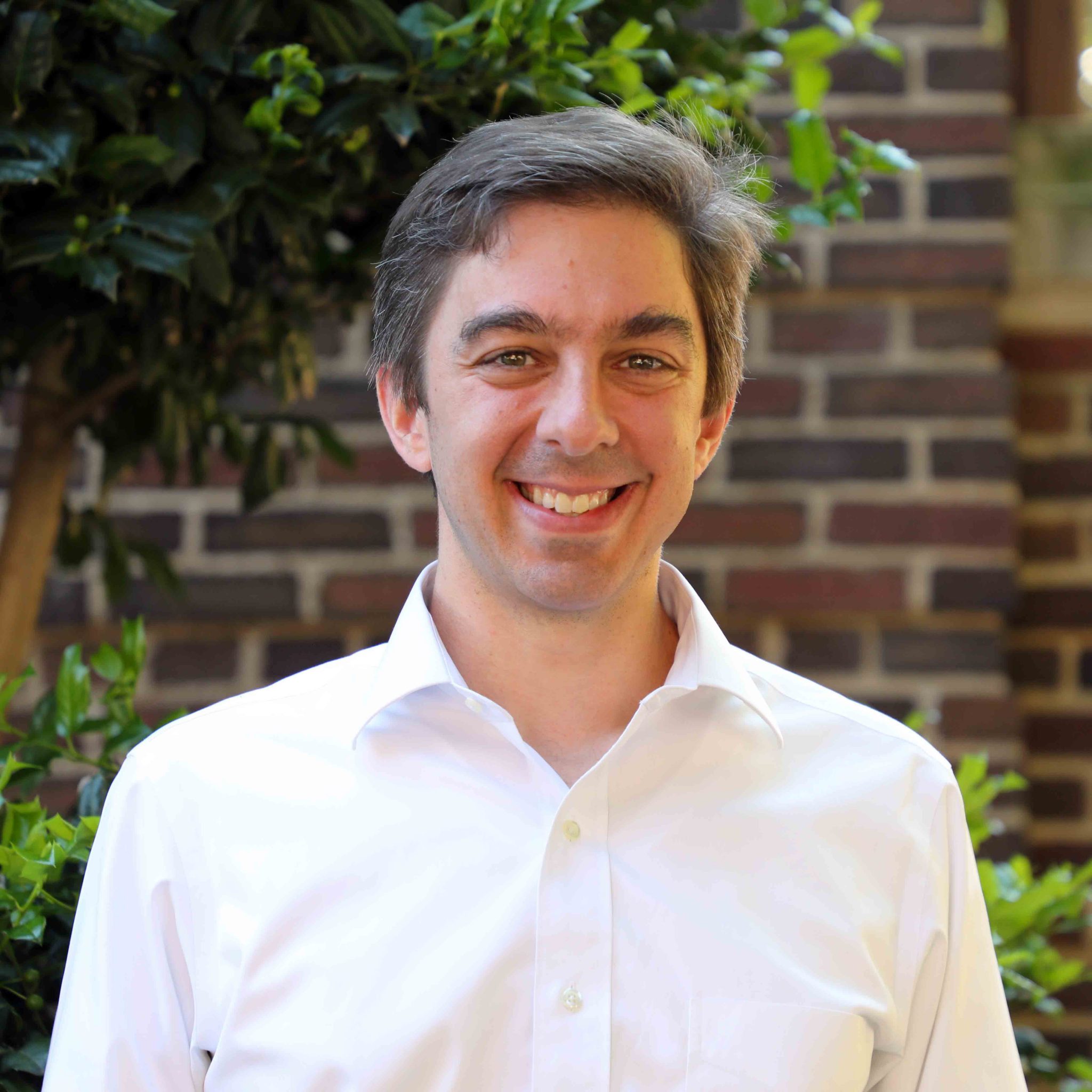Modern dictatorship relies on access to the West. Lawyers, lobbyists, accountants, real estate professionals, consultants, and others help kleptocrats launder their money and reputations—and exert undue influence in democracies—in exchange for dirty money. Without the energetic assistance of these gatekeepers, kleptocrats could not move their money to western democracies and would be forced to live under the repressive systems they have created.
This public briefing brought together four experts on the enabling industry to discuss the various types of enablers, how they compromise democracy, and how they can best be regulated, with an emphasis on potential legislative responses.
Modern dictatorship relies on access to the West. Lawyers, lobbyists, accountants, real estate professionals, consultants, and others help kleptocrats launder their money and reputations—and exert undue influence in democracies—in exchange for dirty money. Without the energetic assistance of these gatekeepers, kleptocrats could not move their money to western democracies and would be forced to live under the repressive systems they have created.
At this briefing, four experts on the enabling industry came together to discuss the various types of enablers, how they compromise democracy, and how they can best be regulated, with an emphasis on potential legislative responses.
Helsinki Commission Senior Policy Advisor Paul Massaro opened the briefing by explaining that currently only banks are required to do due diligence on the source of funds; no other industries are similarly regulated, which allows them to accept and launder dirty money with impunity. Massaro explained that actions in the 116th Congress abolished anonymous shell companies and made it harder to launder money; now, it is necessary that we curb the enablers.
Lakshmi Kumar, policy director at Global Financial Integrity, focused on the real estate market. According to a recent GFI report, more than $2 billion of laundered money flows through the real estate market each year, with 80 percent from foreign sources spread across more than 26 countries.
The majority comes from high net worth and politically connected individuals who rely on an “arsenal” of enablers to help guide them through the process of laundering money. These enablers include lawyers, real estate agents, real estate developers, and investment advisors who generally are either directly complicit or willfully blind. “The absence of rules and regulations around these enablers is what creates this environment,” Kumar said.
Journalist Casey Michel highlighted the case study of Teodorin Obiang, the son of Equatorial Guinea’s authoritarian leader, who came to the United States to launder millions of dollars in illicit funds. An American lawyer, Michael Berger, helped him circumvent U.S. anti-money laundering efforts.
Josh Rudolph, malign finance fellow at the German Marshall Fund, presented several policy options for tackling money laundering in the United States and highlighted three sectors of focus for the U.S. Treasury Department’s efforts: investment fund advisors, real estate professionals, and the art industry. He offered a blueprint for the Biden administration to counter such enablers by requiring legal professionals, company formation agents, accountants, and covert PR and marketing firms to comply with anti-money laundering rules, as well as by repealing exemptions for real estate professionals, sellers of yachts and planes, as well as crypto and other currency businesses.
Transparency International’s Co-Founder Frank Vogl discussed the transactional nature of U.S. and Western foreign policy. Vogl explained that major banks found to launder money in the U.S. most often receive small fines, settle out of court, and go without the punishment of any executives in the matter. Money laundering fines have simply become the cost of doing business.
Vogl also expressed the need to investigate legal finance, specifically the bond market, which allows millions to flow to authoritarian regimes. He also argued that more money should flow towards enforcing existing laws, rather than just passing new laws.
Asked how money laundering and kleptocracy hurt Americans in a tangible way, Kumar responded that the rental and lease market in the U.S. is impacted negatively by kleptocrat real estate purchases. Michel added that oligarchs’ investments into the Rust Belt and other economically depressed areas in the U.S. were purely to hide money from international investigators and have led to the implosion of the broader economic base in the region.
On the question of how to keep anti-money laundering efforts bipartisan, Vogl and Rudolph agreed that the problem is bipartisan at heart and should be viewed as the national security threat that it is.
Finally, asked if the world bank, IMF, and other international financial institutions enable kleptocracy, Frank Vogl answered in the affirmative and called for higher transparency among international financial institutions to effectively tackle money laundering and kleptocracy.

